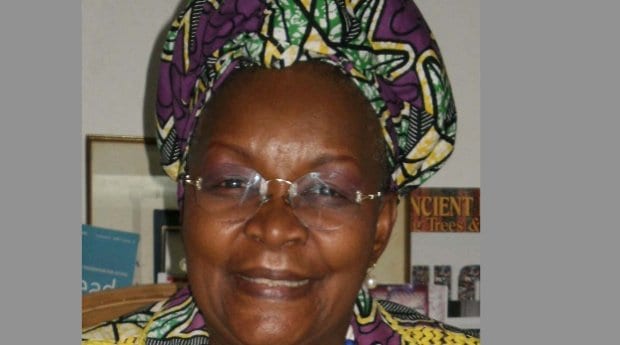A human rights lawyer who represents people prosecuted for homosexuality in Cameroon says in the aftermath of a prominent activist’s murder in July, life has become more difficult for gay people.
Alice Nkom, who is critical of the way authorities are handling the case of Eric Lembembe found tortured and killed at his home, says young men are receiving death threats on their mobile phones and feel forced to go into hiding, a Gay Star News (GSN) report says.
According to Nkom, authorities have not condemned the killing of Lembembe, who was fighting to decriminalize homosexuality in the African country. Instead, Nkom observes, the government has reacted defensively, saying she and others who have raised concerns about the case are sullying Cameroon’s image abroad.
“But that wasn’t our intention, to stain anything. We simply wanted the police to gather evidence so that Eric’s death does not go unpunished.”
There have been no arrests as far as she’s aware, Nkom told GSN in a telephone interview.
Nkom has received threatening phone calls and text messages related to the work she does. In one message last year, she was called a “lesbian whore” and told that it would be her “turn to suffer.”
She was also told to “watch her back as your security is very weak. We will give you a demonstration when the moment comes. No respite for gays in our country.”
The threats were also aimed at her children, but Nkom told Agence France-Presse then that she would not be deterred.
Cameroonian gay rights groups have said they will no longer work on AIDS relief programs until foreign donors improve security for gay people, the Guardian reported on July 25.
“We have all decided to stop our work in the field because our security is at risk. We have no protection from the police and we feel that our lives are at risk,” said Yves Yomb, director of AIDS relief group Alternatives-Cameroun.
A recently released Amnesty International report, entitled “Making Love a Crime: Criminalization of Same-Sex Conduct in sub-Saharan Africa,” notes that there was a ramping-up of efforts to further criminalize queer people in the region in the last 10 years by targeting behaviour or imposing steeper penalties and broadening the scope of existing laws.
“Even in countries where anti-homosexuality laws are not routinely implemented, the existence of the laws alone provide opportunities for abuse, including blackmail and extortion, both by police and by non-state actors,” the report continues.


 Why you can trust Xtra
Why you can trust Xtra


